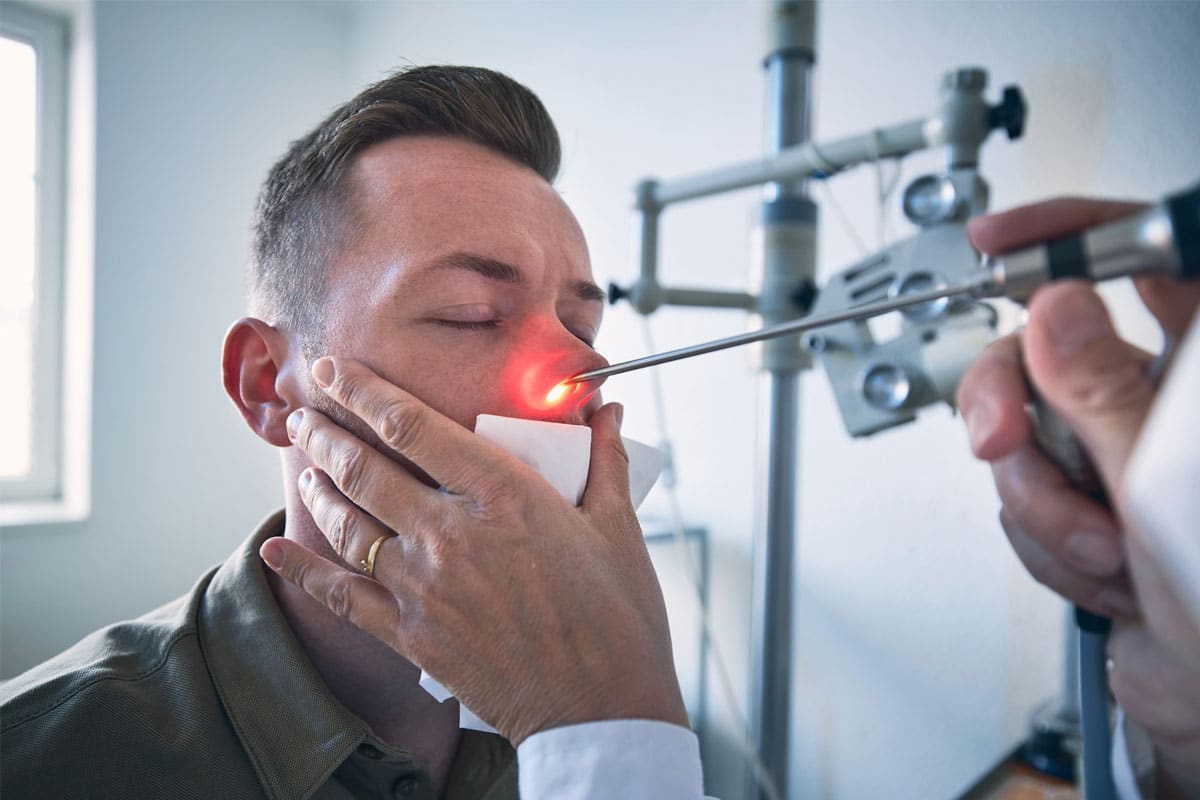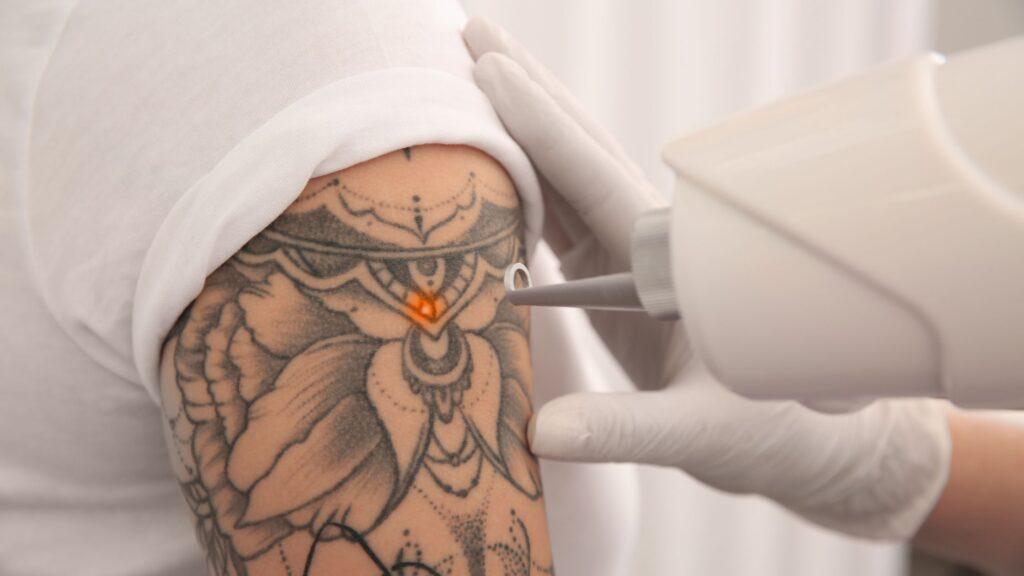Takeaways from the conference:
Alcohol can cause anxiety in some people due to the neurotransmitter levels of the brain that regulate mood and emotion.
Alcohol can harm our mental and physical health, especially as we age.
Alcohol consumption can cause severe anxiety symptoms in people with social anxiety, anxiety disorders, or other anxiety disorders.
Preparing for the anxiety associated with a hangover will help reduce its symptoms’ severity and lessen the impact.
You can enjoy drinking and keep your anxiety under control if you learn to recognize anxiety symptoms and how to manage them. This article will explore practical tips to help you manage stress and control your drinking.
Alcohol: the good and bad sides
It’s because it is enjoyable. A cold beer or delicious cocktail is a great way to relax after a hard day. This sensation of pleasure may be linked to the release in the brain of dopamine, a neurotransmitter associated with reward and pleasure.
You can drink to unwind and relax after a hard day or to have fun with your friends. Drinking is often a social event that brings people together. It can help people bond over shared memories and experiences.
The anxiety caused by a hangover can be a real problem for those who have experienced it. There’s a term for it — “hangxiety.”
“hangxiety”
Hangxiety is the feeling of anxiety, anguish, and distress that can follow a night spent drinking heavily. Physical symptoms like nausea and headaches often accompany it. These symptoms can make it challenging to function the following day and may even lead to severe problems like alcoholism and anxiety disorders.
Why does alcohol cause anxiety in some people?
Alcohol can make you anxious because alcohol has a depressant effect on our central nervous system. It slows the transmission of messages between the brain and the body. This can lead to feelings such as relaxation and calmness.
As the alcohol effects wear off, your body will try to compensate by releasing adrenaline and cortisol, which can lead to feelings of anxiety or panic. Alcohol also affects our sleep patterns and can cause feelings of anxiety or irritability.
Hangxiety is more common in women than men.
Some people are more prone to anxiety due to alcohol consumption than others. Genetics and previous experiences with alcohol are all factors that can affect how an individual responds to alcohol.
Alcohol can trigger social anxiety. Social anxiety affects a lot of people and can be uncomfortable and challenging to deal with in social situations.
Alcohol can initially reduce inhibitions, making socializing easier. However, over time it can exacerbate social anxiety. Studies have shown that socially anxious people are more likely than others to drink excessive amounts of alcohol, which can exacerbate their anxiety symptoms and make it challenging to manage the condition.
Problem drinking vs. alcoholism
Alcoholism is a real and debilitating condition. However, the term “problem drinking” may be more helpful in addressing alcohol issues than the stereotype of the “alcoholic.” We often think of an “alcoholic” as unkempt, always drunk, struggling with everyday life, and can’t stop drinking. This stereotype is unhelpful, as it does not reflect the experiences of many people who drink alcohol.
Problem drinking is a phrase that describes a range of alcohol-related problems, ranging from binge drinking or using alcohol to cope with anxiety or stress. Problem drinking is more about the problems alcohol causes in someone’s daily life than a binary decision of whether or not they are an alcoholic. People are more likely to face their reality when they recognize that their drinking negatively affects their quality of life.
Drinking becomes more dangerous as we age.
As we age, our bodies are less efficient in metabolizing alcohol. The exact amount of alcohol we could handle when we were younger can now have an even more significant effect on us. It is caused by a reduction in alcohol dehydrogenase, an enzyme that breaks alcohol down. Also, the water content in our bodies has decreased. Alcohol stays in the bloodstream for longer and is at a higher concentration, causing more intense effects such as anxiety.
There is a specific type of alcohol that causes less anxiety.
There are no better types of alcohol to avoid anxiety. Some people find that some types of alcohol cause them more stress than others. Some people find that red wine causes them more anxiety than clear spirits such as vodka or gin.
It could be because red wine contains a higher level of tyramine. Tyramine can trigger headaches and anxiety in some people. Listen to your body, and know how alcohol affects you.
How to deal with Hangxiety
Hangxiety is a real problem. If you choose to drink, you can reduce the anxiety by reducing your drinking or stopping altogether.
- Before going to bed, drink plenty of water. Alcohol can dehydrate you. Water can counteract the effects of alcohol and also ease anxiety symptoms.
- Exercise. You may not want to exercise if you are suffering from a hangover or if anxiety is affecting you, but it will release endorphins which improve your mood and reduce stress. If you don’t feel like hitting the gym, a jog or other physical activity will help you flush out toxins and improve your mood.
- Watch a motivational or relaxation talk. YouTube has a lot of videos that can help you relax and de-stress. These videos will increase positive feelings and thoughts, which can help combat negative thinking associated with anxiety.
- Take an ice bath or shower. A shower or bath will help to relax your muscles. Warm water can help calm the mind and soothe nerves, making it easier for you to fall asleep.
While drinking alcohol can be fun at the moment, it is not suitable for your mental health. Take steps to reduce the adverse effects of alcohol on your mental health. Do not be afraid to ask for help if you’re struggling to control anxiety or your drinking. Stay healthy, and take care of yourself!





